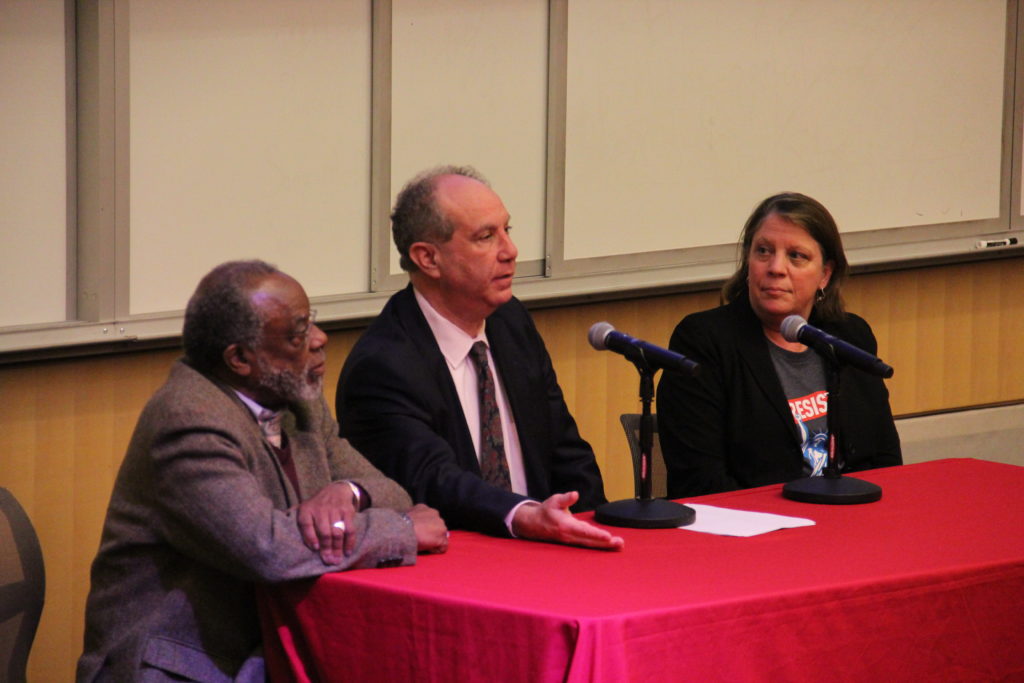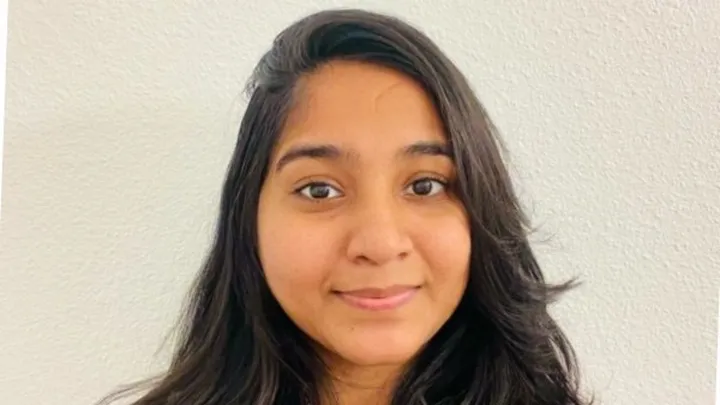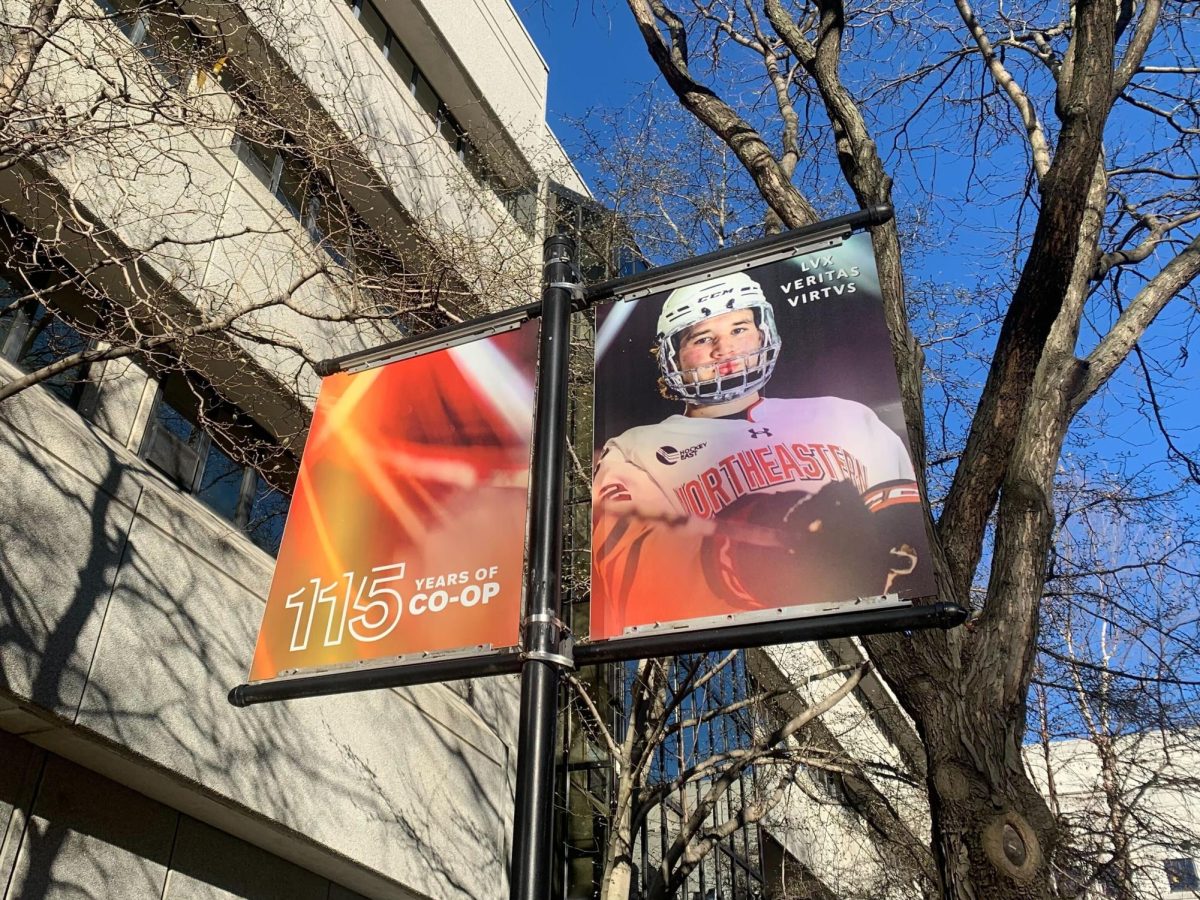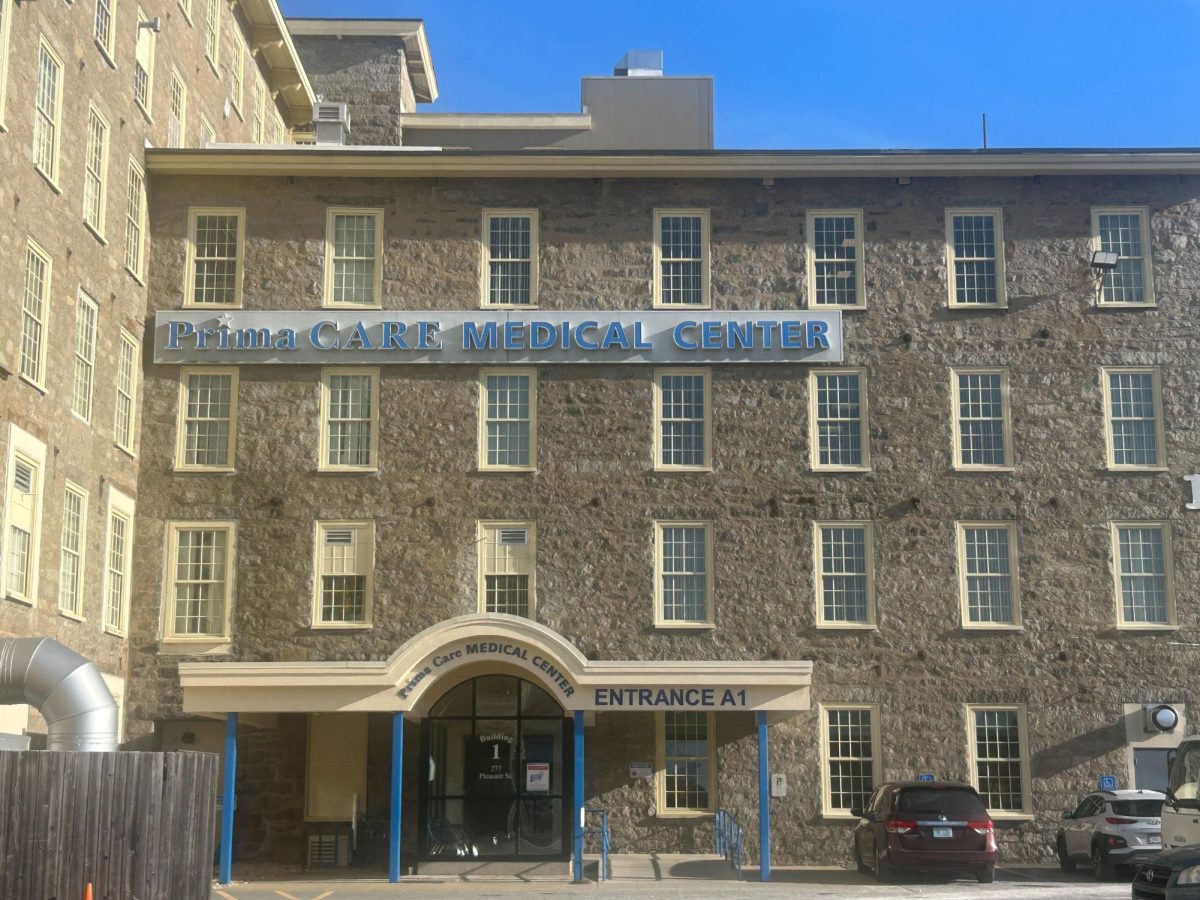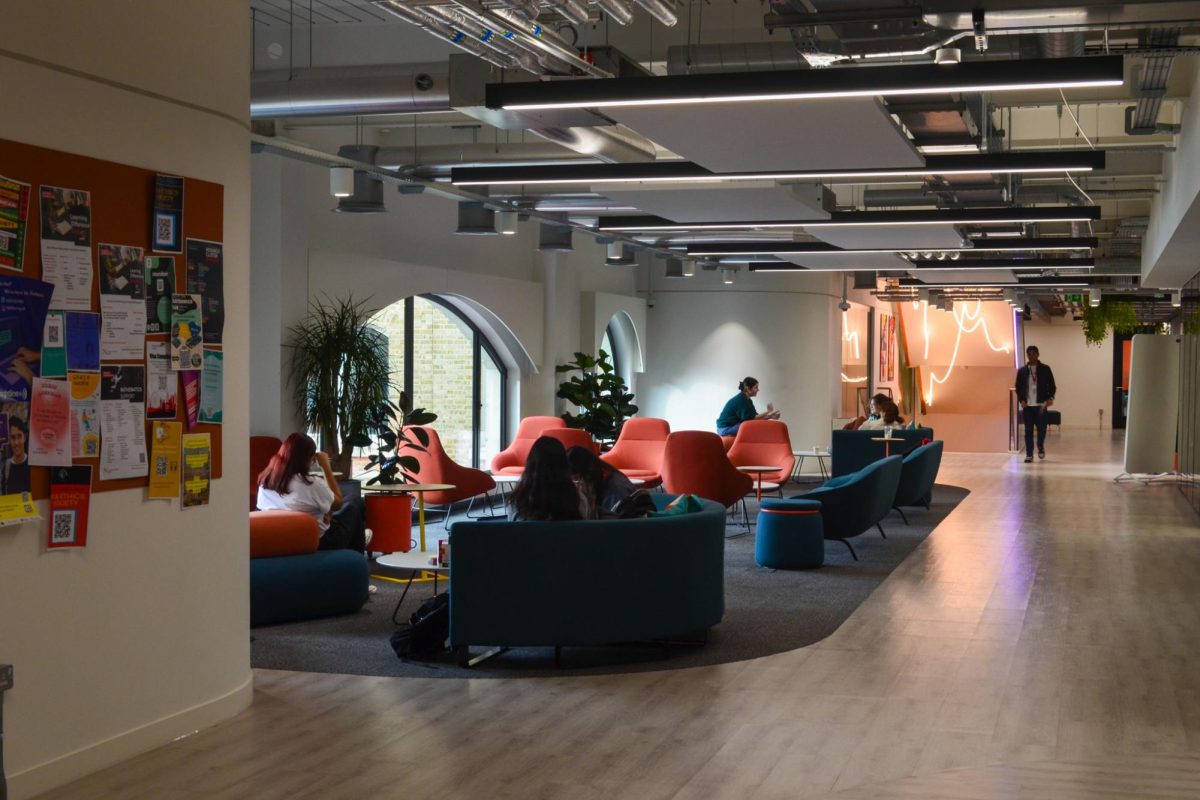By Sam Cronin, news staff
Carol Rose, executive director of the ACLU in Massachusetts, urged students to take a stand as activists for free speech during a March 14 talk.
“I believe that it’s time for college students to rise up and take a stand for unrestricted political activism: for free speech, free postering, free organizing and free protest,” Rose said. “Raise your voice for the principles that you believe in.”
Rose spoke as part of a Myra Kraft Open Classroom panel put on by the School of Public Policy and Urban Affairs, where the topic was “Free Speech, Academic Freedom and the Rule of Law.”
Rose was joined in her talk by professor Theodore Landsmark, director of Northeastern’s Kitty and Michael Dukakis Center for Urban and Regional Policy; Northeastern School of Law Dean Jeremy Paul; and law professor Wendy Parmet.
Parmet began the talk by warning attendees that “disturbing, controversial statements” would be made during the approximately 2 hour talk.
“If you’re concerned,” Parmet quipped, “feel free to leave.”
Rose compared that morning’s widespread student walkouts demanding gun legislation reform to young people’s activism in the 20th century. Rose lived through the civil rights and women’s movements, but she said children today have grown up without seeing direct government censorship.
“I mention these generational differences,” Rose said, “to suggest that as we engage in this important conversation, we recognize and respect the different lived experiences of everyone in the room.”
Rose warned that we are in a post-truth age of propaganda, referencing several attacks on free speech which President Donald J. Trump has made, including his suggestion of jail time for those who burn flags and his recommendation that the NFL fire players who kneel during the national anthem.
“Forces of authoritarianism are on the rise,” Rose said. “It’s no surprise, therefore, that freedom of speech and the press also are under attack.”
Rose listed and systematically disproved three major myths about freedom of speech. First, dispelling the myth that “words can never hurt me,” Rose asserted words can indeed hurt people. They are powerful, and the ACLU defends freedom of speech, as its members believe it is essential to freedom of thought.
Second, she dispelled the myth that hate speech is not protected by the First Amendment. It is in most cases protected, mainly because it’s so hard to define. One notable case she mentioned was that of Charles Brandenburg, a KKK leader whose racist rants at a rally were protected under the First Amendment by a Supreme Court case in 1969. Hate crimes, however, are punishable due to the underlying harmful crime.
Third, Rose said there is a myth that the far-right supports free speech, while the far-left supports censorship. She asserted with historical evidence that activists on the left historically do not support censorship, and activists on the right usually do not support completely unrestricted free speech. She referenced the Berkeley Free Speech Movement of 1964, where a group of mostly liberal students protested the ban on campus political groups, and pointed out that roughly equal numbers of conservative and liberal speakers are disinvited from college campuses.
Paul presented counterarguments to Rose’s free speech statements. He challenged the U.S. Supreme Court’s protections of hate speech and provided possible security drawbacks to having controversial speakers on campuses.
For instance, Paul said hosting controversial speakers may require enhanced security at events. The goal of the “anti-free speech” or “bandstand” movement, he said, is to protect speech in a way that will build a community in which every voice counts. In a world where the free exchange of ideas is often reduced to binary, yes-versus-no disagreements with little potential for compromise, he said productive discourse can be hard to come by.
“If we live in a society where people are free to denigrate others because of their ideas,” Paul alleged, “they are statements on who counts in the community that risk so fracturing society, that the goal of society will be undermined. The idea of free speech depends on the openness to ideas.”
In the final segment of the panel, Rose, Landsmark and Paul opened the floor to questions and comments from the audience.
“I think we could do a better job of having open speech. I think it’s perfectly alright to stand up for something you think is not correct or factual,” said Paula Thompson, an audience participant and 1979 graduate of Northeastern’s civil engineering program.
Paul said we can avoid the implicit bias in classrooms by creating faculties that are diverse, not just in race and gender, but also in perspectives and ideas. Additionally, Landsmark emphasized the role of school administrators in preparing faculty to expand their thoughts beyond their traditional fields of study.
The panel closed out with a discussion on radical speech on social media. Rose warned that, while allowing hate speech and verifiable falsehoods presented as facts to remain on those platforms can be a touchy subject, blaming organizations like Facebook and Google for the veracity of their content could make them into censors. She kept throughout her speech the common thread of unfettered free speech as the best solution to society’s woes.
“If we are going to challenge the status quo to expand equal rights for minorities, then we need freedom of speech to guarantee the circulation of new ideas,” Rose said.
The panel was just one event in the ongoing Open Classroom series, which will return March 28 with a panel called “Market-based & technological threats to the rule of law.” The panel will include Suffolk University Dean of Law Andrew Perlman and Northeastern law professor Andrea Matwyshyn.


